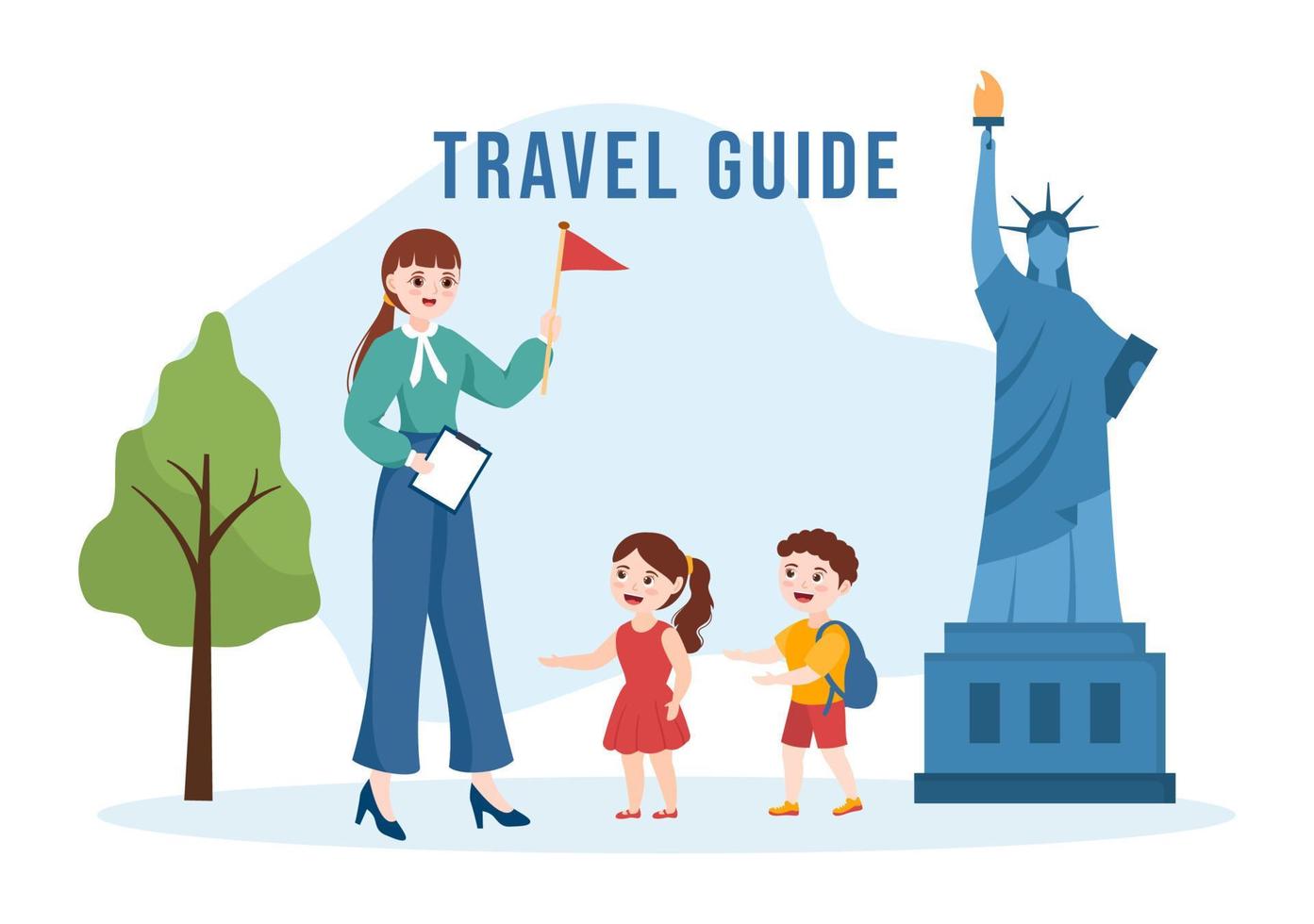In response to claims that POS operators are limited to a single financial institution, the Central Bank of Nigeria (CBN) has stated that it...

In response to claims that POS operators are limited to a single financial institution, the Central Bank of Nigeria (CBN) has stated that its 2025 Agent Banking policy does not restrict merchants from utilizing multiple POS devices.
The central bank confirmed that services such as OPay, Moniepoint, and Palmpay are still officially authorized, allowing merchants to select their favored providers without any limitations.
The newly revised 2025 Agent Banking Guidelines now include exclusivity for registered agents — a step designed to enhance adherence to regulations, rather than limit merchant options.
This contradicts statements made by operators who claim they are limited to dealing with a single institution.
The central bank stated that the updated Agent Banking Guidelines apply exclusively to agent network operators, and not to retailers or business owners who accept electronic payments.
A news article from an online publication states that starting April 1, 2026, point-of-sale agents in Nigeria will be limited to collaborating with a single principal, according to new rules released by the Central Bank of Nigeria on Monday, October 6, 2025.
It mentioned that the exclusivity clause will come into effect next year, but all other parts of the guidelines are immediately enforceable.
Daily Trust states that the CBN mentioned the new framework is intended to 'enhance the conditions for providing secure financial services to the underbanked and remote regions within the country.' Additionally, it supersedes all prior agent banking regulations, combining existing structures into one document.
Major modifications in agent banking activities
Agents will keep carrying out traditional tasks like cash deposits and withdrawals, transfers of naira funds, and paying bills. They might also help with completing account opening forms and submitting them for their clients.
Nevertheless, top-tier agents—entities authorized to recruit, gather, and oversee agents—are now banned from providing agent banking services directly. Principals will also have the authority to decide which services their agents can provide, based on internal risk evaluation systems and the CBN's operational guidelines.
The rule of exclusivity is not only applicable to individual agents but also extends to super-agent networks, indicating that agents can only be affiliated with one super-agent simultaneously. Nevertheless, super agents can still collaborate with several principals.
More rigorous criteria and operational standards
The updated system sets higher requirements for agents in terms of qualification and operations. To be eligible, people and companies must not have any overdue loans in the 12 months before applying, must not be bankrupt or have a felony conviction, and their Bank Verification Number (BVN) must not be marked or banned.
Furthermore, agents must now work from a designated location that is no less than a kiosk. For non-individual agents like gas stations, restaurants, and retail stores, their activities must be limited to their officially registered business locations.
The rules also incorporate steps to encourage competition and ensure fairness. School administrators are not allowed to endorse or give preference to any specific card company and must guarantee uniform pricing and benefits for all customers and agents.
Additionally, agent banking services should be separate from merchant activities, and agents are required to use the agent code 6010 for all transactions.
Function of payment terminal service aggregators
A new group of stakeholders — known as Payment Terminal Service Aggregators (PTSAs) — has been officially acknowledged. They are now tasked with registering point-of-sale terminals, managing their geographical positioning, and making sure that devices provided to agents are accurately monitored.
This follows the CBN's August 2025 guideline requiring all financial institutions to geotag their point-of-sale terminals as part of initiatives aimed at reducing fraud and enhancing transparency in payment reporting.
Limits on transactions and financial regulations
According to the updated rules, clients face more restrictive transaction caps.
Cash deposits, withdrawals, and utility payments: N100,000 per day and N500,000 per week.
Daily cash withdrawal limit for agents: N1.2 million.
Although these thresholds are designed to control liquidity and reduce money laundering dangers, some agents—particularly those operating in busy urban regions—might consider the limits too restrictive, experts noted.
Branding and penalties
The Central Bank of Nigeria also implemented distinct branding and advertising guidelines for agents. Every agent location needs to be clearly branded with the names and logos of both the principal and the supervising agent (if applicable), and must show the list of services, relevant fees, and customer service contact details.
It is not allowed for agents to use terms like 'bank', 'finance', or any expression that could confuse the public into thinking they are associated with a financial organization.
Once implemented, the guidelines give the CBN the authority to penalize institutions and individuals who violate the rules. This involves ending agent contracts, adding agents or super agents to a blacklist, and conducting direct examinations of systems and locations.
In accordance with the guidelines, principals who do not meet reporting or operational standards may also encounter regulatory fines or be prohibited from engaging in agent banking activities.
Provided by SyndiGate Media Inc. (Syndigate.info).


